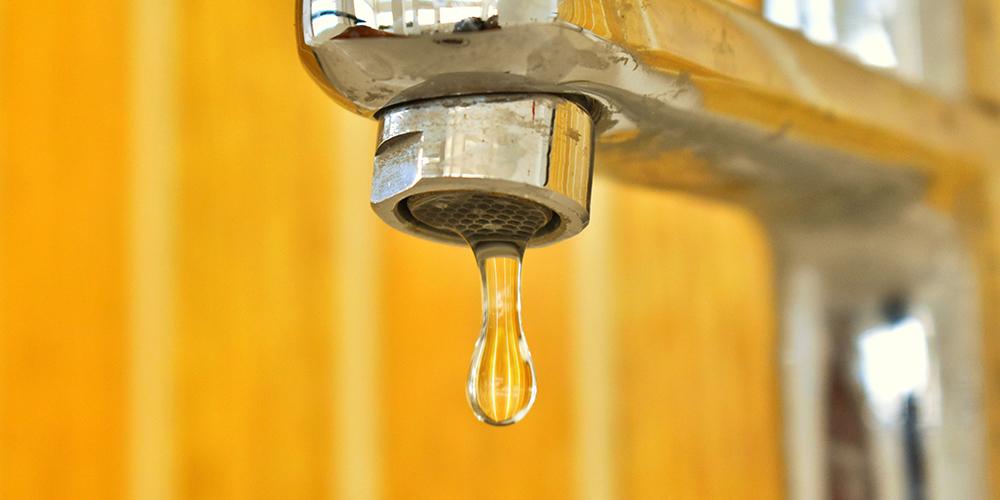Water shortage

BEFORE
- Be economical with your water usage:
- Take a shower rather than a bath.
- Collect rainwater.
- Use residual water for your plants.
- Repair leaks quickly
- Provide a supply of water, both potable and non-potable. Water you buy in bottles from the shop is the safest to store (less chance of bacterial contamination and longer shelf life). Store this in a cool place.
- Do not use drinking water where it is not really necessary. Collect rainwater and use it to water your garden, for example.
DURING
- Follow the government recommendations.
- Provide enough water for several days and some empty, clean bottles or a jerry can. Provide four litres per person per day.
- Provide drinking water or other drinks (e.g. soft drinks, juice).
- Provide extra non-potable water for washing or for cleaning.
AFTER
- Is the water coming out of the tap cloudy or murky? Then let the water run for a few minutes.
- Is there only little water coming from the tap? The pressure has yet to recover. This will gradually increase.
- Continue to keep a close eye on your water consumption. Do not waste any water.
Impact and probability
 Extreme weather phenomena occur several times a year. It is expected that these risks will become more frequent and greater in the future, under the influence of climate change.
Extreme weather phenomena occur several times a year. It is expected that these risks will become more frequent and greater in the future, under the influence of climate change.
In 2018, the National Crisis Center coordinated a large-scale risk assessment for Belgium for the period 2018-2023. Several experts assessed various risks based on their probability and their impact on people, society, the environment and the economy.
For the risk of 'shortage of drinking water as a result of weather conditions', the analysis is:
- Impact: high impact
- Probability: very unlikely
Read more about this analysis and what this chart means.
What do the authorities do?
The regional authorities closely monitor water supplies. They are in contact with the water companies and draw up strategic plans to ensure the water supply.
In the event of a shortage of drinking water, a mayor, governor or minister can take various measures, for example:
- Distributing water in bottles, in the event of an interruption in the water supply.
- Imposing measures to limit the consumption of (drinking) water, in a period of prolonged drought. They receive advice on this from the Flemish drought commission or the Walloon crisis cell on drought.
If a large-scale water shortage occurs, agreements are made to distribute the available water.
